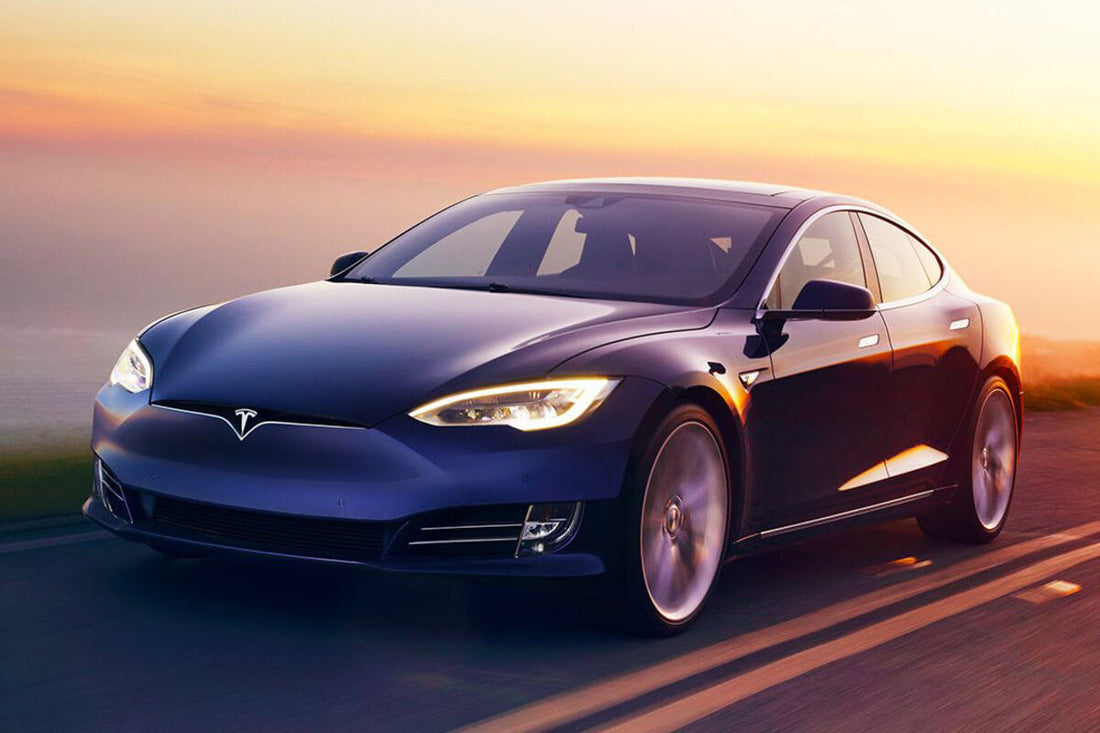Estimated reading time: 4 minutes
Even though electric vehicles (EV) don't directly consume fossil fuels and emit greenhouse gases, they are not 100% “green."
Electricity production can also create harmful emissions. Electric power plants generate most of the electricity used in the U.S., and these plants use turbines that are typically driven by combustion gases.

However, the pairing of a home solar system and an EV is an ideal, renewable solution.
Together, EV and PV form a mutually beneficial relationship.
Between living organisms, these kinds of connections are called mutual symbiotic relationships. Much of nature operates in a way where two parties benefit from each others’ unique capabilities. These perfect pairs include clownfish and anemones, flowers and bees, saguaro cacti and Gila woodpeckers, crocodiles and plover birds, and more.
Technology can benefit from mimicking well-established patterns of nature. EV and PV are a match made in heaven because of their complementary functions.

Here, we’ll look at both sides of the cycle: how solar panels can help your vehicle and how your vehicle can aid your solar system.
Researchers have been interested in the EV/PV connection for a while. In 2018, Solar United Neighbors surveyed solar owners in their community and found that 66% of respondents were more likely to own an electric vehicle than those without solar. While 18% of non-solar owners had an EV, 30% of solar owners had an EV, which is a significantly higher percentage.
Since Solar United Neighbors is an organization that is much more engaged in clean energy topics than the general U.S. population (25% of the surveyed Solar United’s community owns an electric vehicle while only 1% of the U.S. population owns an EV), the survey results don't necessarily represent the country as a whole.
However, these numbers still demonstrate that EV and PV naturally go together and can bring about long-term benefits for their owners.
3. The Future of the EV and PV Relationship
PV Can Benefit EV
Let’s start with how a solar system could charge your EV.
If you’re planning on installing a solar system and want it to power your vehicle, then you’ll need to size your system accordingly. Having your system match your electric usage allows you to optimize your system’s return on investment.
When working with Project Solar, you will first need to inform your site designer that you would like your panels to power your vehicle and then share your estimated yearly mileage so your system can be sized accordingly.
Along with residential solar, efforts are being made to provide EV drivers with renewably sourced charging stations. For example, in April 2021, Tesla announced that they intend to power all their Supercharger stations with renewable energy this year by adding solar panels and batteries to stations.
With these advancements, you can still benefit from solar even if you don't personally own a system.

EV Can Benefit PV
On the flip side, how can electric vehicles help solar systems?
There are a couple of ideas in the works.
Energy storage issues can plague solar owners. Solar batteries are extremely expensive add-ons, and in some locations, unfavorable net metering policies also complicate matters.
Many people would love to be able to store their excess generation in a more cost-effective way.
A team of researchers from Utah State University (and others across the country) have looked into the EV battery waste issue by trying to repurpose the battery as a solar energy storage unit.
Additionally, in Japan, electric vehicles have been used in battery capacities as a form of disaster response following natural disasters.

There’s another way that an EV could support a solar system— what if the electric vehicle itself could serve as a battery for a solar system?
This possibility could allow a home to draw from the vehicle’s energy during peak hours instead of having to depend on the grid.
EV batteries differ from solar batteries because they actually have much larger battery packs. For example, the Tesla Model S (an EV) has a 100 kilowatt-hours (kWh) capacity while the Powerwall (Tesla’s energy storage option) has a 13.5 kWh capacity.
One recent example of this in practice is the 2022 Ford Lightning model. With some additional equipment, this truck can become a backup generator for your home. They call this "Intelligent Backup Power", and it's a very interesting glimpse into the developing EV/PV relationship.
The Future of the EV and PV Relationship
Although it would be fun to take credit for making this connection between PV and EV, it obviously isn’t mind-blowing or new. Lots of people have been thinking about these possibilities for quite a while.
While EVs and solar systems used to seem like tech that was only accessible to early adopters with deep pockets, you can now see panels and EVs in all kinds of neighborhoods. Currently, not only can you benefit financially from going green with your transportation and energy production, you can also become more self-reliant by having your EV and PV support each other.
If you want to power your EV in the most earth-friendly way, you won’t regret installing solar panels.
